James William Charles Pennington (ca. 1807–1870) was a minister, orator, writer and abolitionist.
He wrote the first history of African Americans in the United States 180 years ago this year.
Pennington was born in slavery on a plantation in eastern Maryland around 1807. When he was four, he and his mother were given to the master’s son and taken to another plantation. He was trained as a carpenter and blacksmith, but he wasn’t taught to read or write.
At 19, he escaped from the plantation. He was twice captured and twice escaped. After reaching Pennsylvania, a Quaker couple taught him to read and write. He adopted his name after his Quaker friend “William” and his surname after a famous Quaker named Pennington.
Finding faith
He moved to Brooklyn and studied at night school. He then taught black children on Long Island.
Pennington attended the first Negro National Convention in Philadelphia in 1829. He served as its presiding officer at its 1853 convention.
While living in Brooklyn, he became a Christian and a candidate for ordination. He was accepted as the first black student at Yale Divinity School, although not formally listed as a student. Required to sit on the back row, he couldn’t ask questions. After completing his studies, he was ordained to the ministry of the Congregational Church.
In 1840 he became a minister in Hartford, Connecticut. While there, he wrote the first history of African Americans, “The Origin and History of the Colored People,” consulting current works at the time.
A strong proponent of the abolitionist movement, he was selected as a delegate to the Second World Conference on Slavery in London.
While in England, he was invited as a visiting minister to preach and serve communion. After returning to Hartford, he persuaded white ministers to include him in their pulpit exchanges.
Pennington moved to Manhattan in 1848 to be minister of Shiloh Presbyterian Church. The next year, because of pressure to return fugitive slaves to the South, he traveled to Great Britain until his freedom could be purchased.
His memoir, “The Fugitive Blacksmith,” was published in London in 1849. It condemned slavery and stressed education.
He left Manhattan in 1858 and traveled as an abolitionist.
In the 1860s he became a minister in Natchez, Mississippi, and in Portland, Maine. He later moved to Jacksonville, Florida, to help freed slaves. He died there in 1870.
EDITOR’S NOTE – Joanne Sloan, a member of FBC Tuscaloosa, has been a published writer of articles and books for 30 years. She has a bachelor’s degree double majoring in history and English from East Texas State University (now Texas A&M–Commerce) and a master’s degree specializing in English from the University of Arkansas (1978).

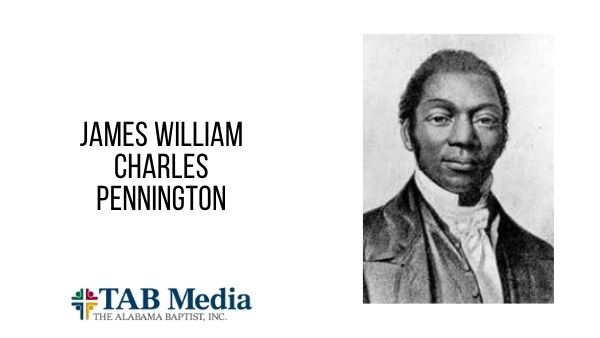
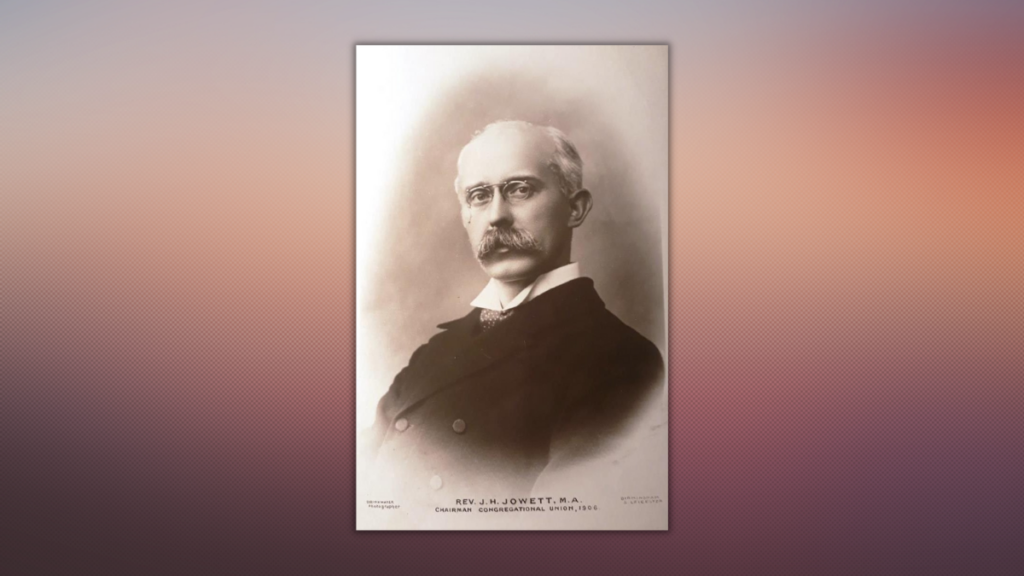
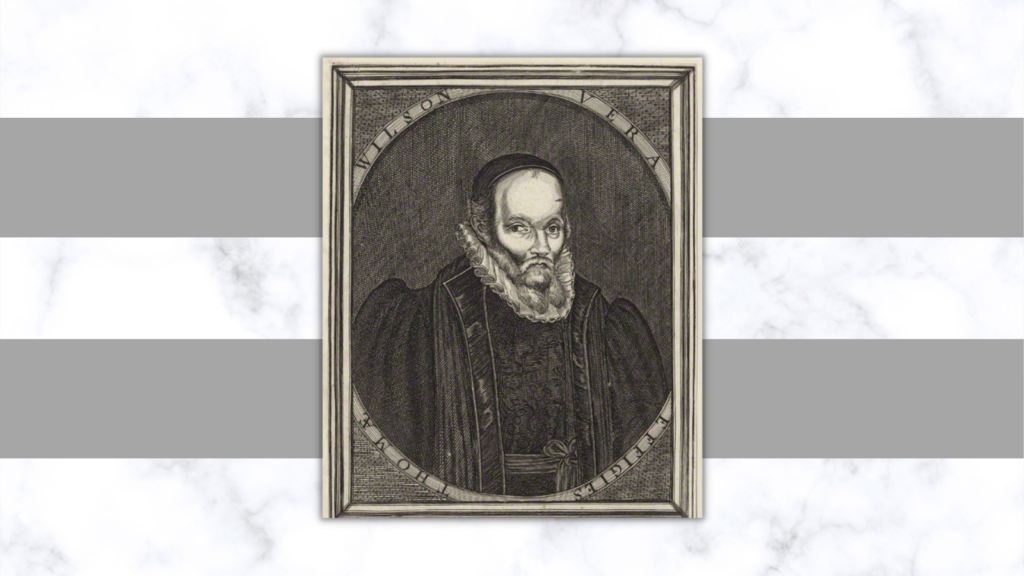
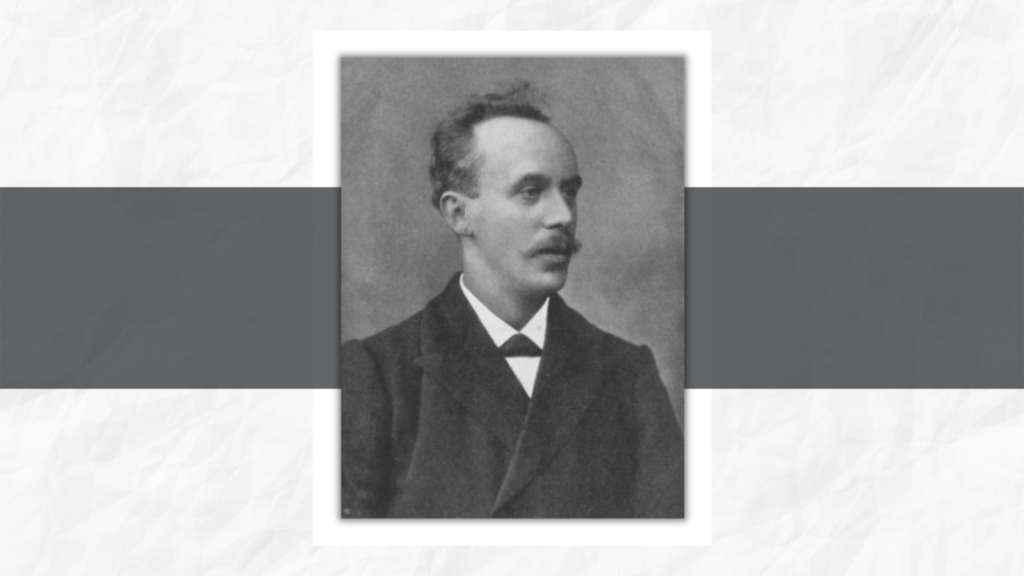
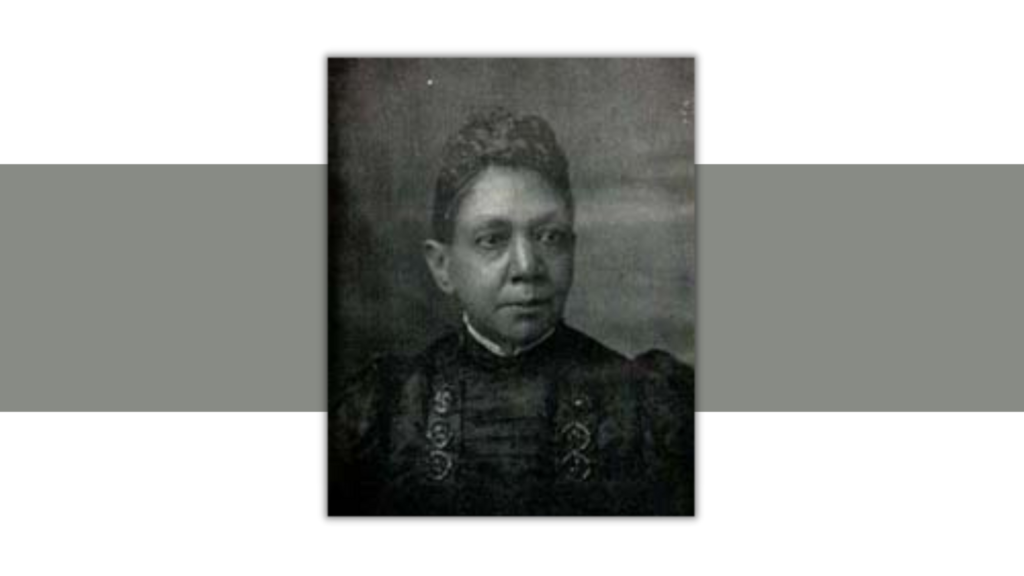
Share with others: